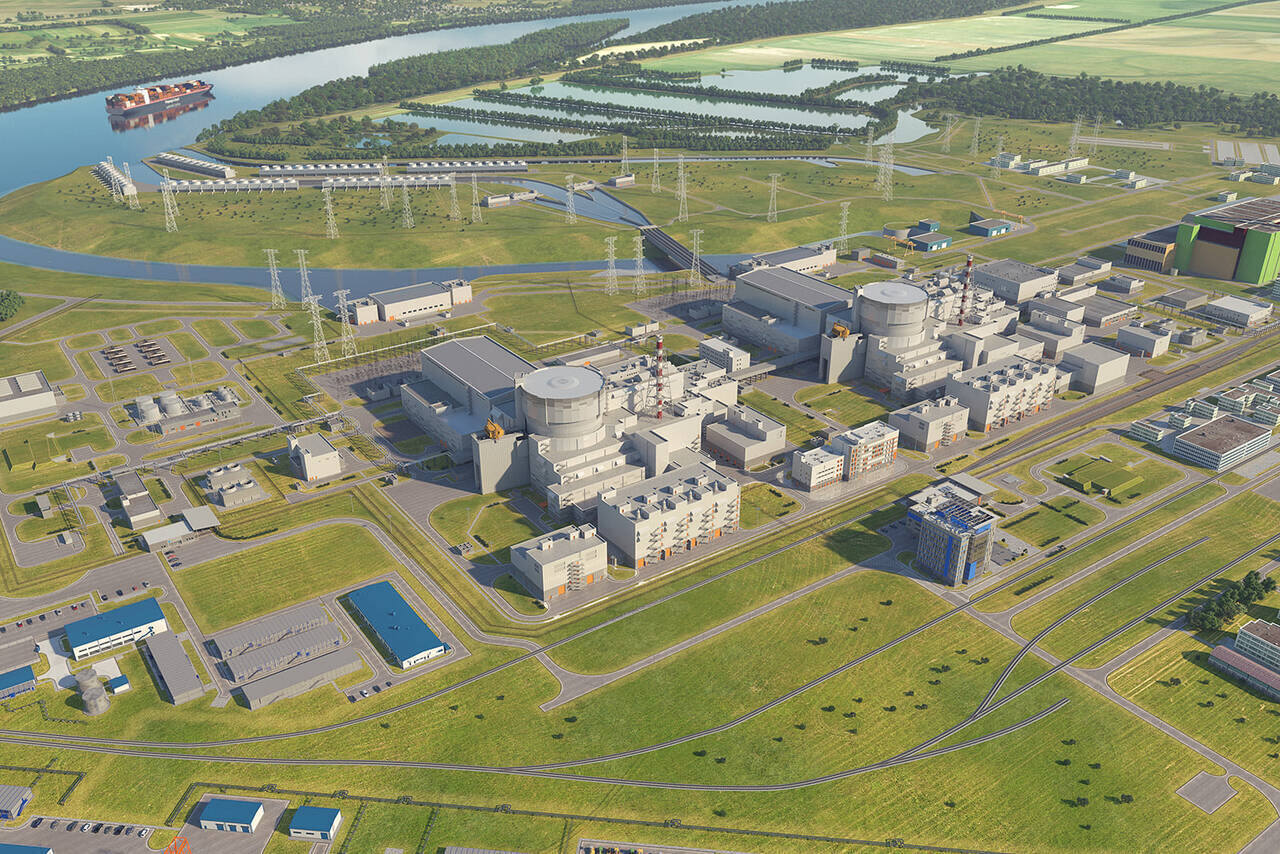Hungary’s new visa system: Schengen access for Russian spies raises alarms

Hungary’s newest visa system opens the doors of the Schengen area to people from Russia, Belarus, and the Balkans. The Hungarian government justifies this move by citing labour needs for the Paks 2 project. However, the EU fears potential security risks. Manfred Weber, President of the European People’s Party, urges EU leaders to address this issue immediately.
New visa system threatens the integrity of the Schengen zone
444 writes that Hungary’s recent easing of visa restrictions for Russians, extending the National Card scheme to include workers from Russia, Belarus, and some Balkan countries, has raised significant concerns about security within the Schengen area. Manfred Weber, President of the European People’s Party, has expressed alarm over the potential for Russian spies to exploit this policy to gain access to the European Union. In a letter to Charles Michel, President of the European Council, Weber urged EU leaders to address this issue at their next summit, emphasising the need for immediate countermeasures to protect the Schengen zone.

National security risk
András Rácz, an expert in Russian affairs, has highlighted a significant national security risk posed by Hungary’s recent visa policy changes, which could create loopholes similar to those previously exploited by the Russian-owned International Investment Bank. This policy allows large numbers of Russians to enter Hungary and the Schengen area with minimal scrutiny.
The Hungarian government’s justification
Despite the Hungarian government’s justification related to labour needs for the Paks 2 project, Manfred Weber argues that this new immigration system could facilitate espionage activities. In response, Weber has urged EU leaders to implement robust measures to safeguard the Schengen area’s integrity and to prevent similar policy shifts by member states in the future.

Read also:
- Breaking: Slovenia extends controls at Hungarian and Croatian borders
- Austria to extend border control at Hungarian border for 6 more months
Source:






